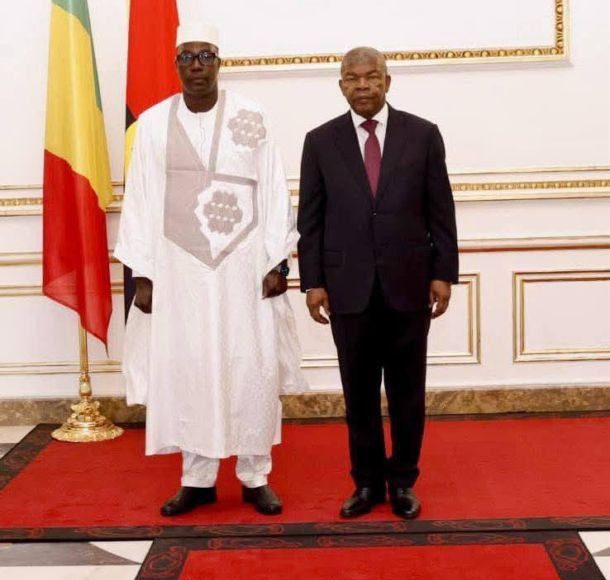
NDLEA: “Borno Youths Take Fermented Urine, Lizard Dung & Unusual Substances To Get High”

The Nigeria Drug Law Enforcement Agency (NDLEA) has revealed a disconcerting trend among youths in Borno, a northeastern state in Nigeria.
In place of conventional hard drugs, several young individuals in Borno have resorted to alternative means of achieving a state of intoxication. This connotes the consumption of unusual substances like fermented human urine, lizard dung, and methylated spirit.
The Nigeria Drug Law Enforcement Agency (NDLEA), through its commander of narcotics in Borno, Iliyasu Mani, expressed concern over the widespread misuse of psychoactive substances among the youth. The command has, so far, seized 4.5 tonnes of illicit substances, arrested 863 suspects, convicted 53, and is providing counselling to 736 individuals.
Speaking in Maiduguri on Thursday, Iliyasu Mani disclosed, “…these new psychoactive substances that are commonly abused today include cannabis sativa, skunk, cough syrup with codeine; Ice, Tramadol, Rohypnol, Diazepam, Pentazocine, rubber solution, glue, gutter dirt, toilet fumes, lizard dung.”
“Others include Lipton soaked in gin, camel urine, mentholated spirit in soft drinks, 10-day-old human urine, and so on.”
Acknowledging the challenges in combating substance abuse, especially with the involvement of young teens, particularly women, Mr. Mani emphasized the NDLEA’s commitment to addressing the devastating issue. Despite the difficulties, he highlighted the agency’s efforts in prevention strategies, including the establishment of a revamped counselling and rehabilitation centre within the premises of the Borno state command.
“Despite all these, we must not lose our hope as the agency has strengthened its efforts towards prevention strategy through the establishment of remodelled counselling/rehab centres within the premises of Borno state command,” the Borno commander of narcotics said.
In the past, drop-in centres had been established in tertiary institutions for drug abuse research purposes. The substance misuse crisis in Borno needs to be critically addressed, especially due to its far-reaching implications.
Read: Africa’s Richest Black Billionaires 2024: Diverse Entrepreneurs Driving Economic Empowerment
About The Author
Related Articles
Zimbabwe Rejects $350m US Health Deal Over Sovereignty Dispute
Zimbabwe has formally withdrawn from negotiations on a proposed $350 million health...
ByWest Africa WeeklyFebruary 25, 2026Niger’s President Outlines Vision for Strategic Partnership with China
Niger’s Head of State, General Abdourahmane Tiani, has articulated a renewed vision...
ByWest Africa WeeklyFebruary 25, 2026Fire Destroys 140 Tonnes of Cotton in Western Burkina Faso
A major fire has destroyed more than 140 tonnes of cotton in...
ByWest Africa WeeklyFebruary 25, 2026Mali’s New Ambassador to Angola Presents Credentials, Pledges Stronger Bilateral Ties
Diplomatic relations between Mali and Angola entered a new phase on February...
ByWest Africa WeeklyFebruary 25, 2026












